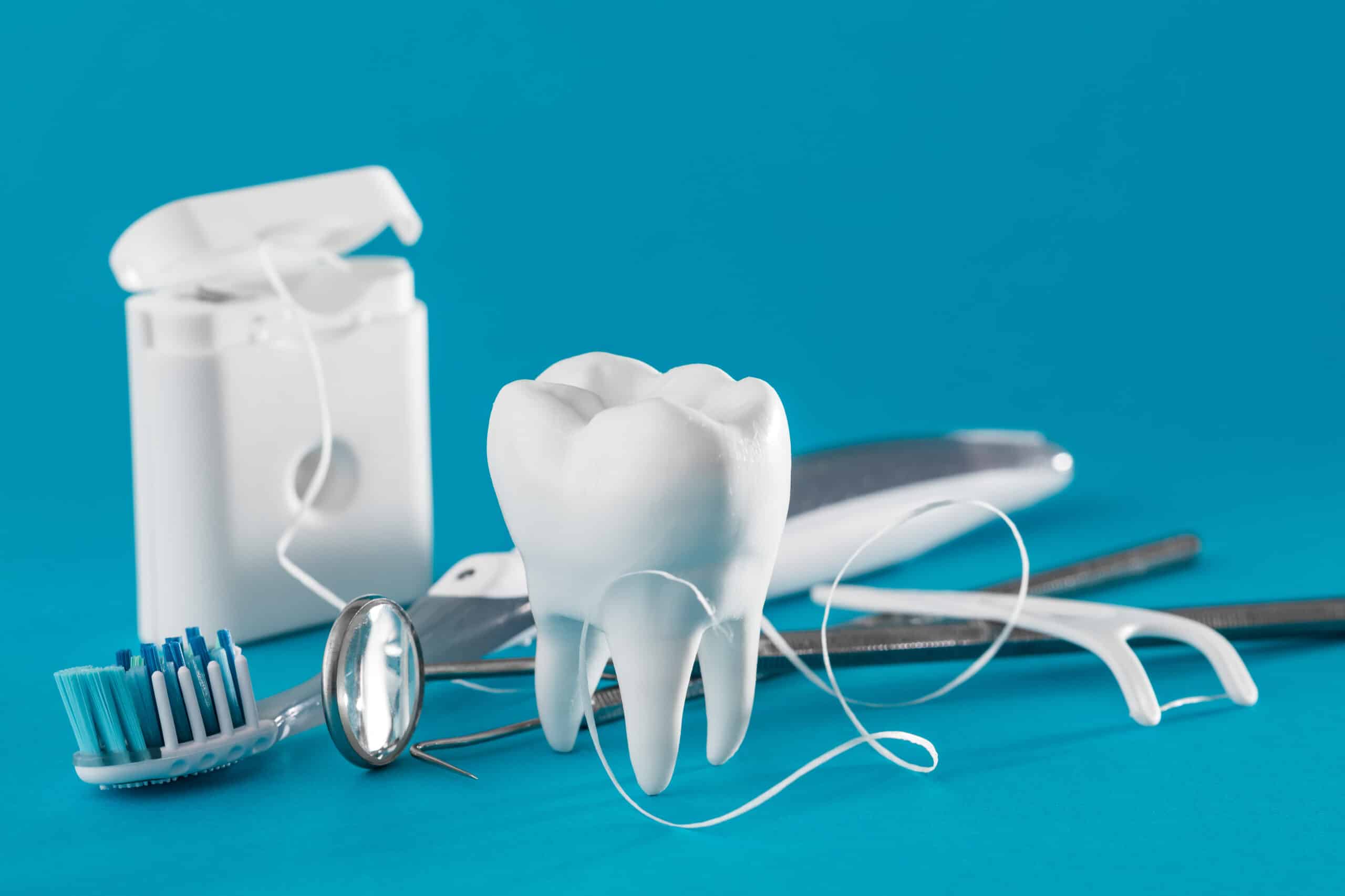“Tooth loss and gum disease, which is inflammation of the tissue around the teeth that can cause shrinkage of the gums and loosening of the teeth, are very common, so evaluating a potential link with dementia is incredibly important,” said study author Satoshi Yamaguchi, Ph.D., DDS, of Tohoku University in Sendai, Japan. “Our study found that these conditions may play a role in the health of the brain area that controls thinking and memory, giving people another reason to take better care of their teeth.”
This study involved 172 people without memory problems at the enrollment with an average age of 67 years old. Participants underwent dental exams, memory testing, and brain scans to measure the volume of their hippocampus at the beginning of the study and then again 4 years later. During both dental exams, the number of participants’ teeth were counted while checking their gums for disease, and probing periodontal depth for gum tissue measurements.
Their findings revealed that the number of teeth and the amount of gum disease were linked to changes in the left hippocampus of the brain. According to the researchers, for those with mild gum disease having fewer teeth was associated with a faster rate of brain shrinkage in the left hippocampus; and for those with severe gum disease having more teeth was associated with a faster rate of brain shrinkage in the same area.
Further analysis after adjusting for age revealed that the increase in the rate of brain shrinkage due to one less tooth was equivalent to nearly one year of brain aging for those with mild gum disease, and the increase in brain shrinkage due to one more tooth missing was equivalent to 1.3 years for brain aging in those with severe gum disease.
“These results highlight the importance of preserving the health of the teeth and not just retaining the teeth,” Yamaguchi said. “The findings suggest that retaining teeth with severe gum disease is associated with brain atrophy. Controlling the progression of gum disease through regular dental visits is crucial, and teeth with severe gum disease may need to be extracted and replaced with appropriate prosthetic devices.”




